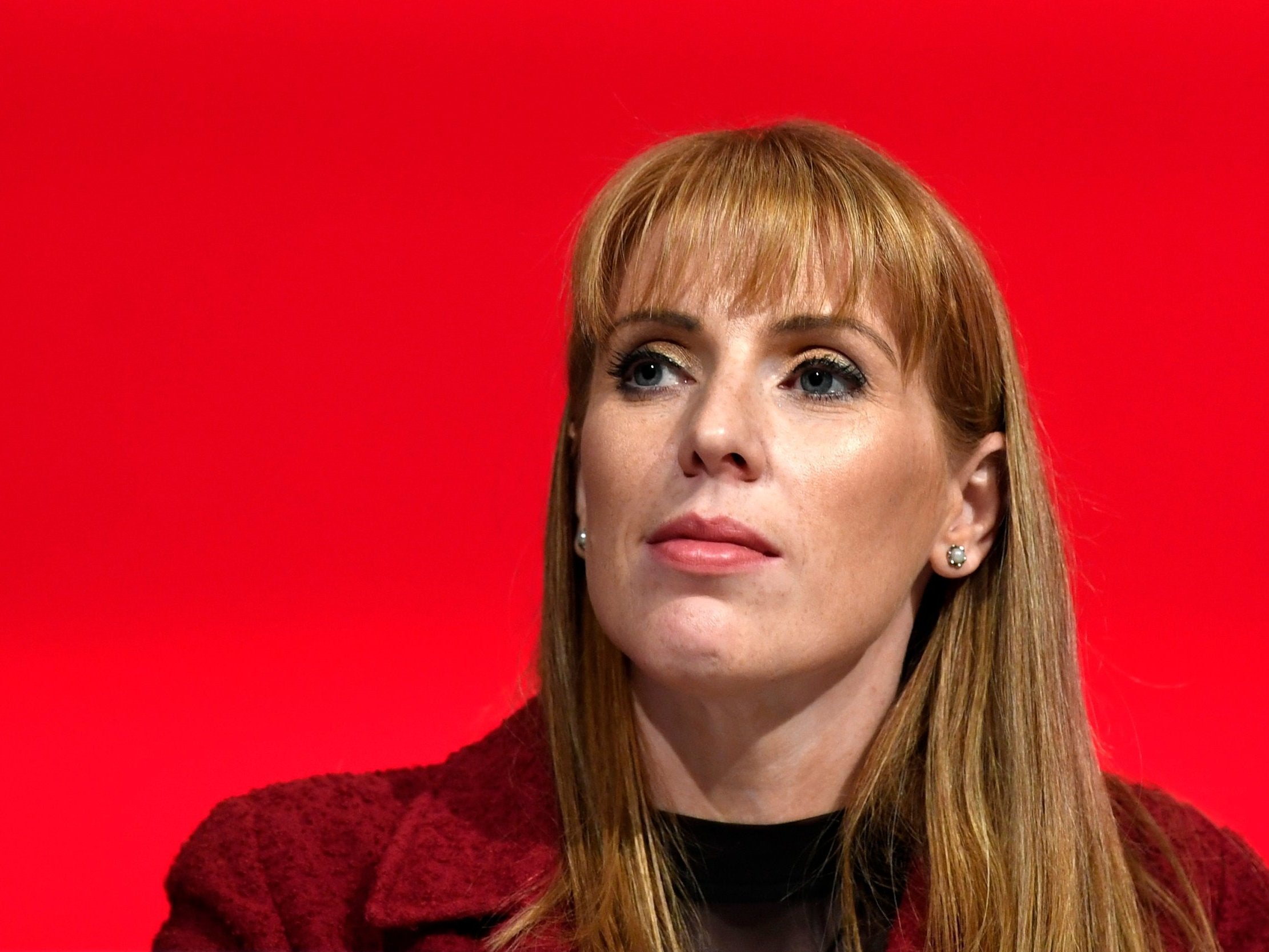Education spending slashed by £7bn since 2011 with children ‘paying price for austerity’, says Labour
‘Government’s own data shows they have been slashing education funding throughout their time in office'

Schoolchildren and adult learners are “paying the price for austerity” as new figures show education spending has been slashed by more than £7bn since 2011, Labour has said.
Analysis by the House of Commons Library found that real-terms spending on schools and colleges had slumped from £95.5bn in 2011/12 to £87.8bn last year, a total fall of £7.7bn.
The figures show education spending as a share of GDP fell from 5.69 per cent to 4.27 per cent, a decline of 25 per cent in only seven years.
Shadow education secretary Angela Rayner accused the Department for Education (DfE) of breaking a promise on school funding, after ministers repeatedly claimed that every school would receive a cash increase.
It comes as a shock survey revealed four in five teachers were using their own money to support pupils, while almost three in four headteachers said they had relied on parents to prop up school budgets.
Ms Rayner said: “This will come as no surprise to teachers who are having to make do with less and parents who are receiving begging letters from schools to cover basic supplies.
“Despite misleading statements made by the prime minister and her ministers, the government’s own data shows that they have been slashing education funding throughout their time in office.
“It will be a generation of children and adult learners who will pay the price for Tory austerity and the Tories’ failure to invest in our education system.”
The findings come after education secretary Damian Hinds was publicly rebuked by the statistics watchdog over claims made about education funding.
In a letter published in October, Sir David Norgrove, chair of the UK Statistics Authority, said the DfE had misused statistics on at least three occasions in recent months.
He accused ministers of having made inaccurate claims about improvements in children’s reading, levels of school funding and the number of pupils in good schools.
Education minister Nick Gibb was also criticised for claiming that the UK’s spending on education was the third highest in the world. It later emerged that the figures in questions did not relate solely to government spending but instead included private school fees and university loans.
At the time, Mr Hinds wrote to the watchdog promising to look into the precise issues but largely defended the claims. He said: “It is true to say that the OECD has ranked the UK as the third highest for total education spending – the figure which includes tertiary and private education for every country.”
A DfE spokesperson said: "Since 2017, we have given every local authority more money for every pupil in every school. And the overall 5-16 schools budget was one of two budgets protected in 2010, despite the necessary savings that had to be made due to the deficit.
"The core schools and high needs budget is rising from almost £41bn in 2017-18 to a record £43.5bn by 2019-20, but the education secretary has been clear that he recognises the pressure schools feel on their budgets. That is why he has set out his determination to work with the sector to help schools reduce the £10bn they spend on non-staffing costs.
"But let's also look at what's happening in our schools: standards are rising, with 163,000 more six-year-olds now on track to be fluent readers than in 2012, a more rigorous curriculum and qualifications, 1.9 million more children in good or outstanding schools – 86 per cent of schools are now judged to this standard, compared to 68 per cent in 2010 – and a shrinking attainment gap."
Join our commenting forum
Join thought-provoking conversations, follow other Independent readers and see their replies
Comments
Bookmark popover
Removed from bookmarks